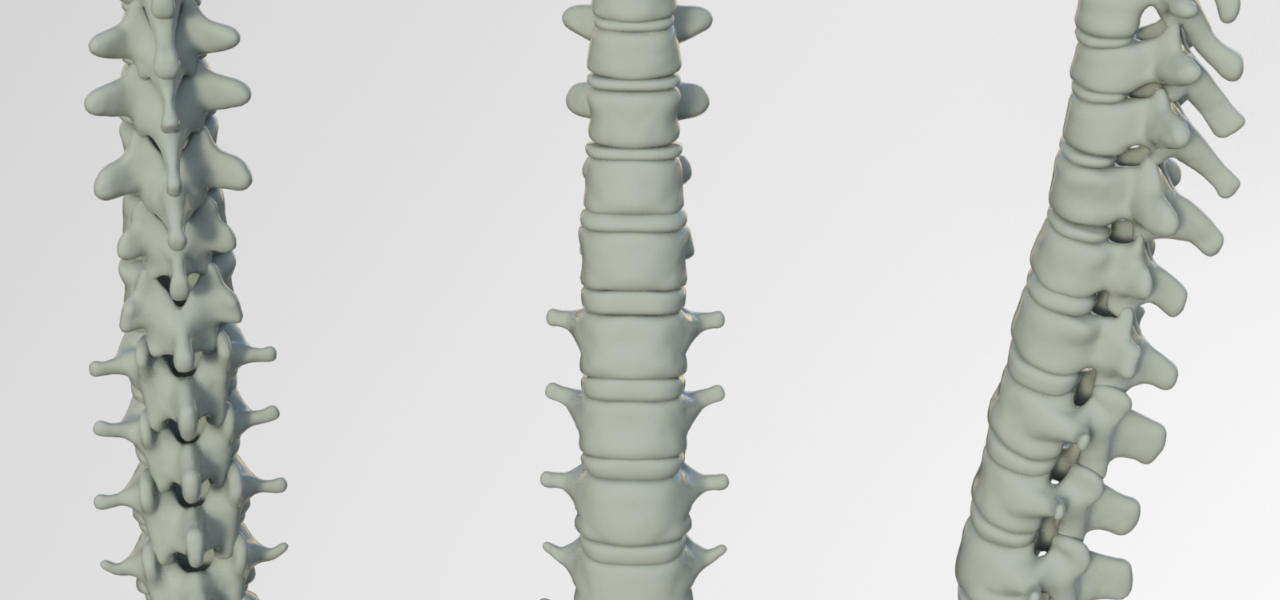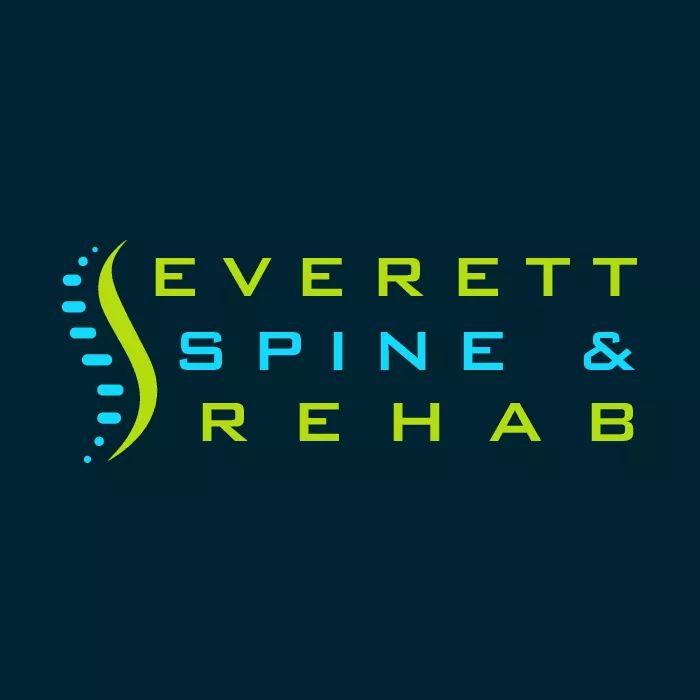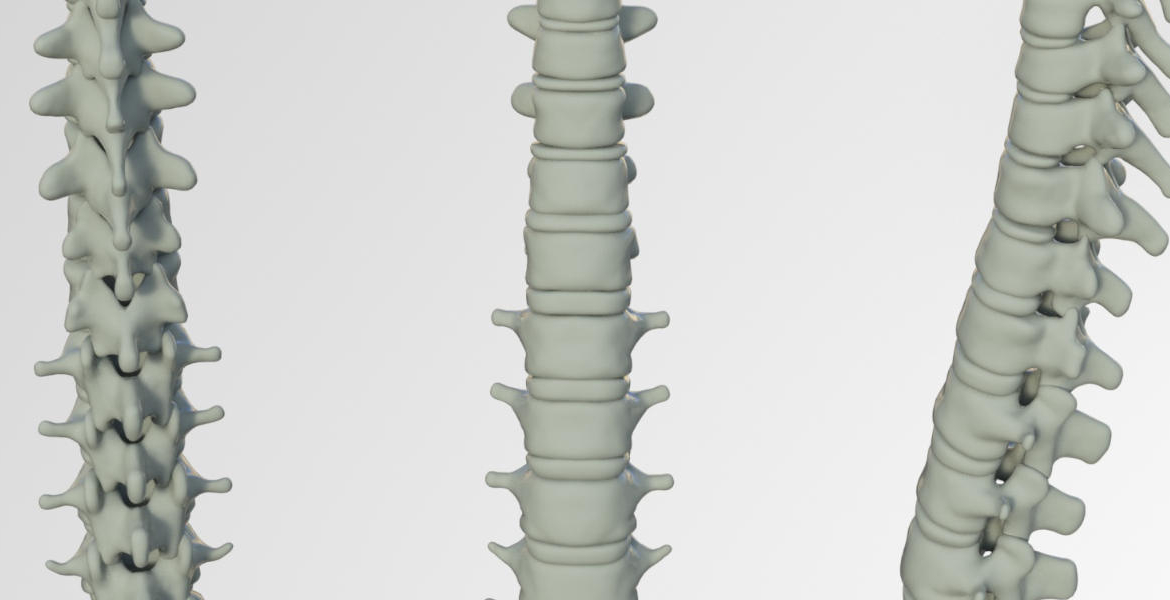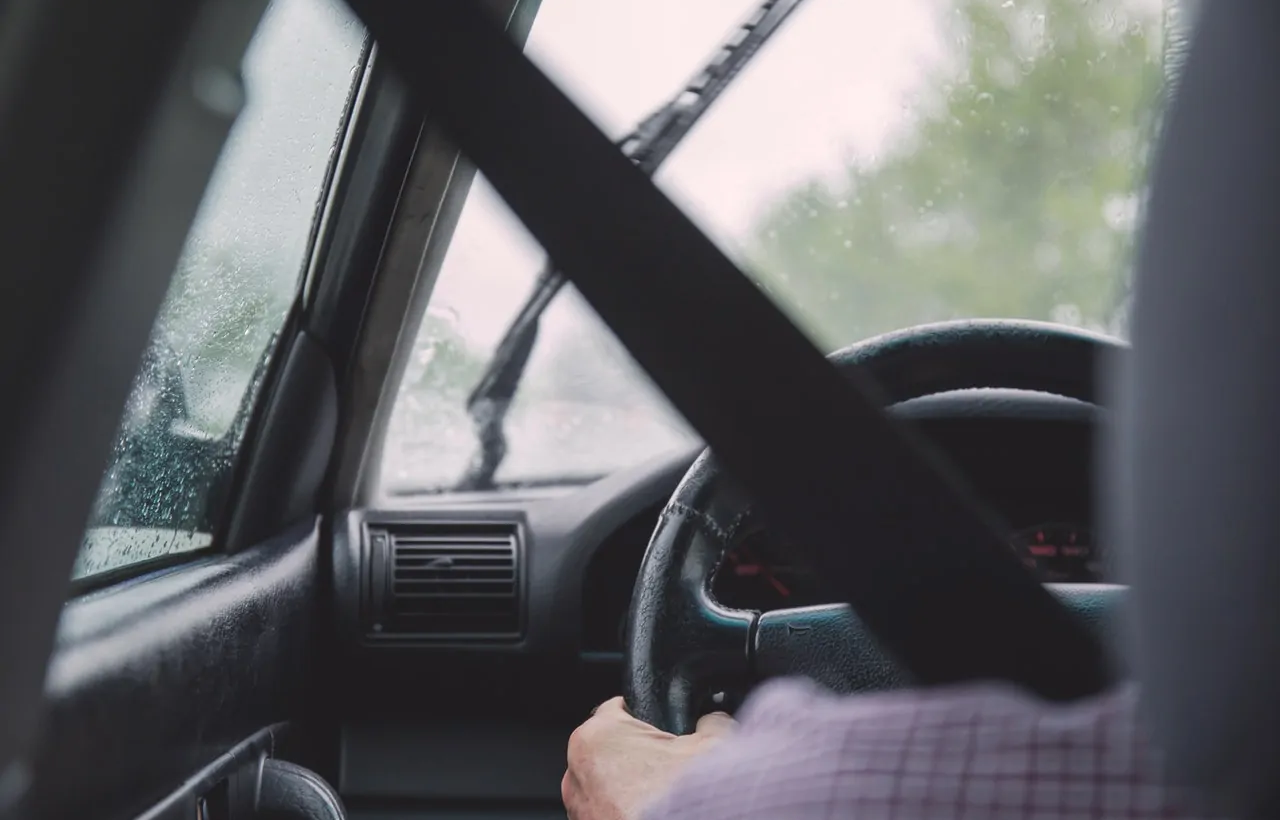Herniated Disc: What Is It and How Can I Tell if I Have One?
Herniated discs, also known as ruptured discs or slipped discs, often cause back pain. While not all back pain is caused by herniated discs, with 8 out of 10 people experiencing back pain at some point in their lives, it’s important to know about this common condition.
What Is a Herniated Disc or Slipped Disk?
Your spine consists of 24 vertebrae, cushioned by soft discs between them. When one of these jelly-like discs slip out of place, it inflames and irritates the nerves in your spine, which is known as a herniated disc. In most cases, this causes serious pain in your back.
What causes a herniated disk?
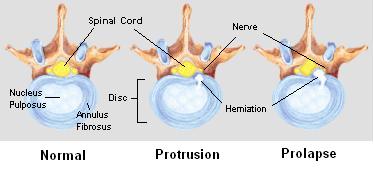
Most of the time this is due to aging. As we age, our spines sustain wear and tear, also known as disc degeneration. Over time, discs become more rigid and less flexible, making them more likely to tear or rupture. So, even simple movements or small injuries like a strain can cause herniated discs.
However, improper heavy lifting (e.g. using back muscles instead of leg muscles to lift heavy weights) can cause this injury as well. Although rare, an injury like a fall or a hit in the back can cause discs to slip as well.
Several risk factors increase the likelihood of a herniated disc.
- Weight – Being overweight can cause strain on your lower back.
- Your Job – Jobs that require a lot of physical activity, especially repeated or heavy lifting, can also increase your chances of a slipped disc..
- Genetics– As is the case with most medical conditions, genetics can predispose you to back issues.
- Smoking – It’s common knowledge now that smoking is harmful to our health. In this case, smokers experience a decrease of oxygen in their spine, which can cause discs to degenerate faster.
How can I tell if I have a herniated disk?
While not everyone experiences pain or discomfort with a herniated disc, some of the common symptoms are listed below.
- Experiencing pain, numbness, burning, aching, or tingling on one side of your body
- Pain that shoots down your arms or legs
- Pain that gets worse at night or when you move around
- Pain when you are sitting or standing
- Pain when you are walking short distances
- Muscles that feel weaker for no apparent reason
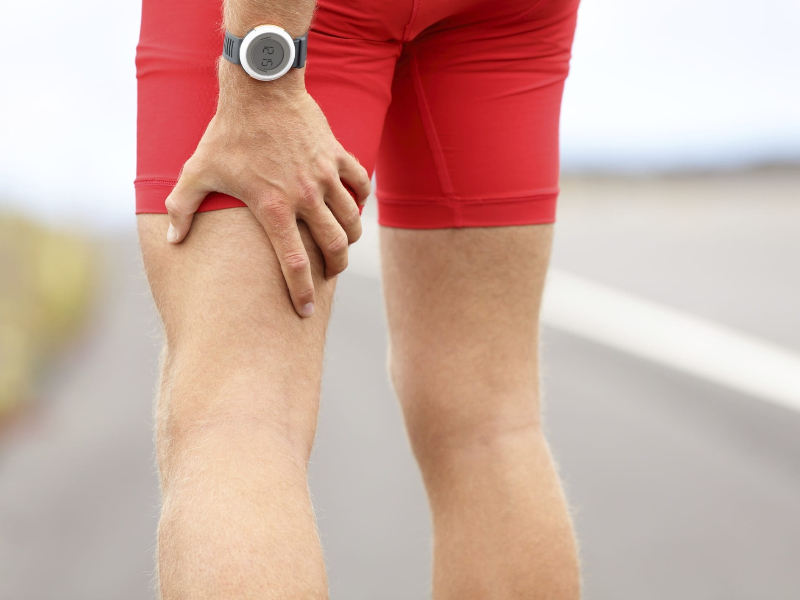
When should I visit a doctor?
The symptoms listed above can be quite worrying. If you have any of the above or similar symptoms that interfere with your everyday life, it may be time to see a doctor, who can quickly diagnose your problem, with a physical exam and/or an X-ray. The best news is that there are many effective treatments for herniated discs which include chiropractic treatment.
If you are located in Snohomish County, please come see Dr. Gill from Everett Spine & Rehab. If you believe you have a slipped disc, it’s important to get it checked out by a professional.
